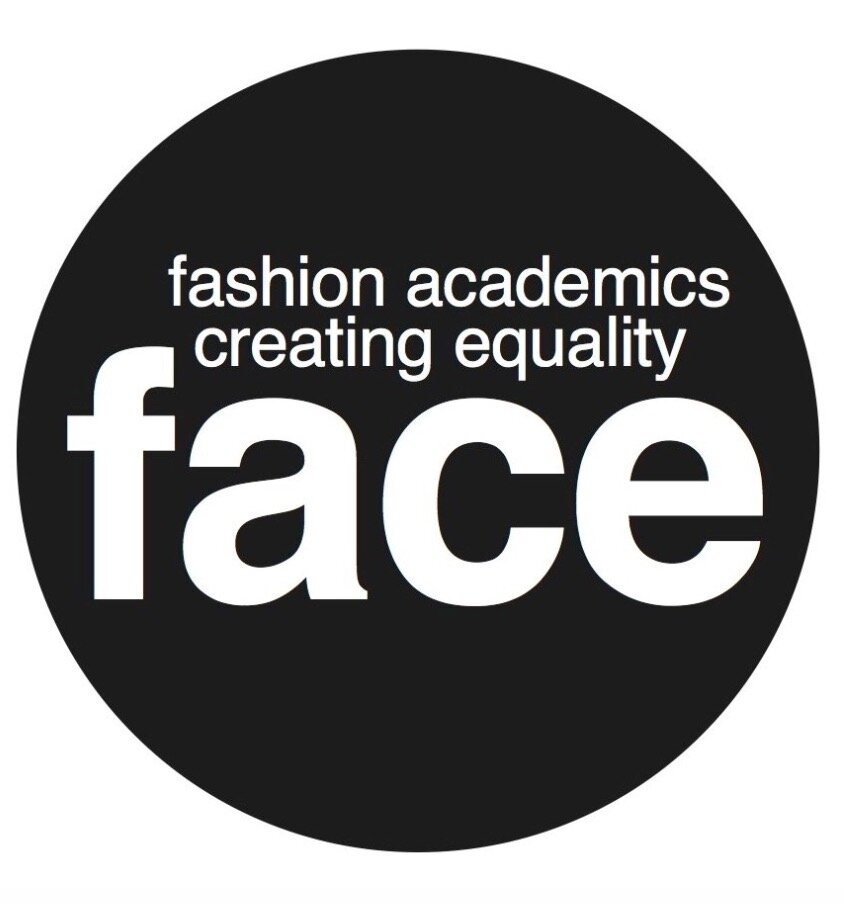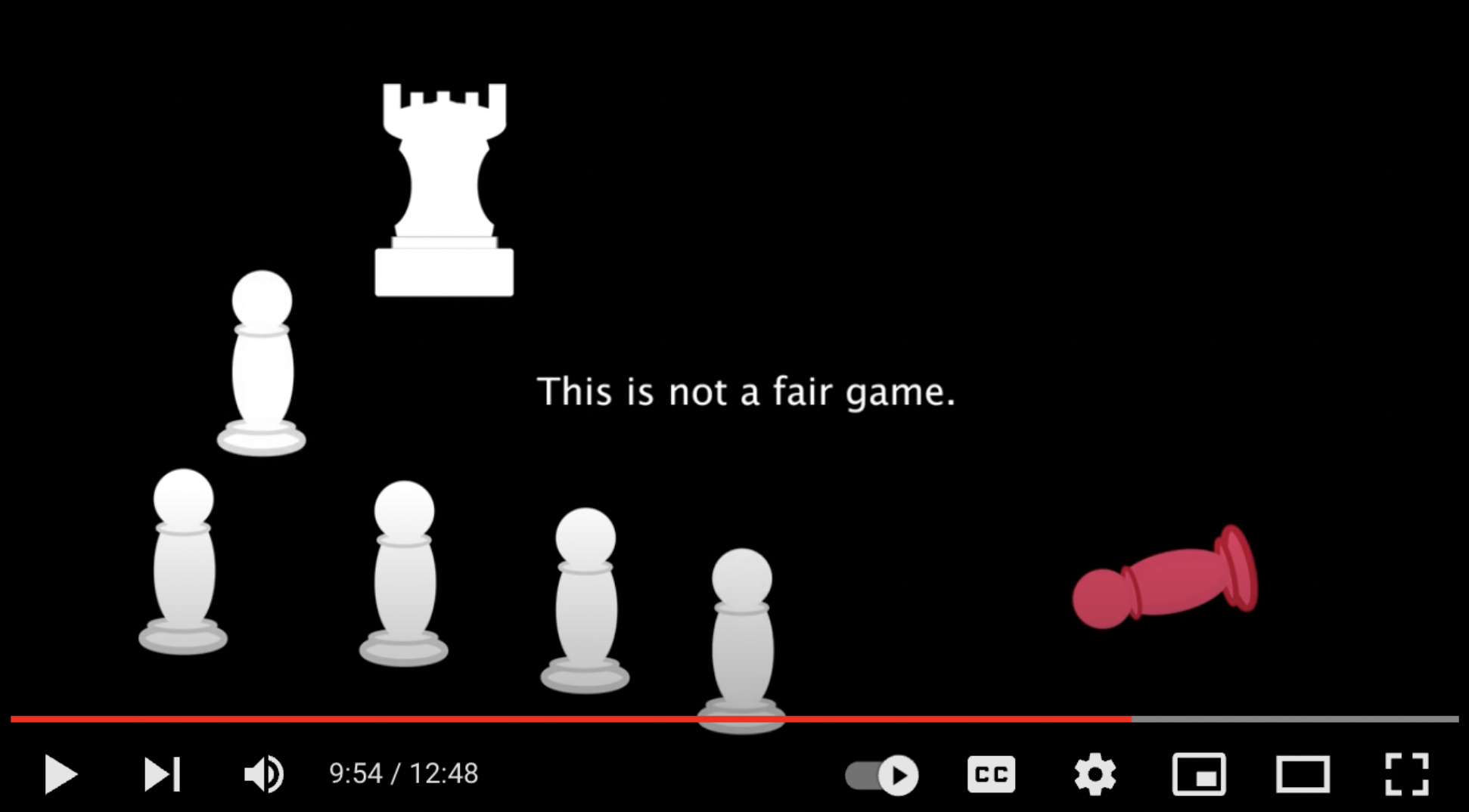Black academics in the educational system have done a huge amount of unpaid emotional labour within academia…
This involves tackling racism on their own with no support, helping white colleagues to understand their privilege, monitoring their tone to suppress frustration to avoid being dismissed as the angry Black person, switching personas in order to be perceived as palatable and white conforming, scrutinising their appearance and hair presentation for stigmatised cultural signifiers. The list goes on.
Many of our FACE colleagues are rightly refusing to attend further EDI meetings, engage in monologues: where they are the only person in the room addressing race; or support white academics in learning that should have been previously undertaken. It’s lonely and isolating being one of the few, sometimes the only person of colour in the building.
FACE demands budgets for Black academics. Blackness and anti-Blackness is the predominant issue. The mental health of racially minoritised students AND the cultural competency of our white students depends on it.
Our white Associates group is specifically created for white academics to progress each other and change the system. Some of you may be new to thinking about race and privilege and some of you are further down the line. Educate and share between you at these meetings, then pass it on. Dismantle the system you have maintained with your ignorance. You will help to build a new system but take note: Part of your new learning requires acknowledging the rightful place of multiple Black identities and diverse race perspectives needed within education as we recognise the intersectionality of race, ethnicity and race identity
From visiting speakers to the progression and appointments of course leaders and deans - Start employing Black academics now.
Disclosure
Voicing our Truth
A film by Ricardo Barker
This 12 minute powerful film opened the FACE Summit. It features Black and Brown academics speaking anonymously about the struggle of working in a white system.
More Black and Brown academics needed
And a word about white denial: White colleagues have asked for guidance on how to tackle when it surfaces amongst colleagues. See your scripted argument step by step here.
STOP PRESS: Troy Heffernan (2021): Sexism, racism, prejudice, and bias: a literature review and synthesis of research surrounding student evaluations of courses and teaching, Assessment & Evaluation in Higher Education, Download study here
Abstract. This paper analyses the current research regarding student evaluations of courses and teaching. The article argues that student evaluations are influenced by racist, sexist and homophobic prejudices, and are biased against discipline and subject area. This paper’s findings are relevant to policymakers and academics as student evaluations are undertaken in over 16,000 higher education institutions at the end of each teaching period. The article’s purpose is to demonstrate to the higher education sector that the data informing student surveys is flawed and prejudiced against those being assessed. Evaluations have been shown to be heavily influenced by student demographics, the teaching academic’s culture and identity, and other aspects not associated with course quality or teaching effectiveness. Evaluations also include increasingly abusive com- ments which are mostly directed towards women and those from marginalised groups, and subsequently make student surveys a growing cause of stress and anxiety for these academics. Yet, student evaluations are used as a measure of performance and play a role in hiring, firing and promotional decisions. Student evaluations are openly prejudiced against the sector’s most underrepresented academics and they contribute to further marginalising the same groups universities declare to protect, value and are aiming to increase in their workforces.
Reading, viewing and website list
Dear reader, there is no set of books we can quickly cover off that makes us proficient in race knowledge. This is because our white-centred experience of ourselves in the world, combined with society’s marginalisation and undermining of non-white ‘others,’ (both benignly and deliberately), has been a societal norm that has benefited us our whole lives. Acknowledgement of this white privilege however is key to our learning.
Our race privilege is a tool (along with other privileges like class, status, health) to be used in our commitment to dismantle racism. Language and confidence to speak out, are further tools we will develop through reading and listening as we pursue continued learning for the rest of our lives.
References and links in the general reference section are from Black sources.
“Black people do not need allies. We need people to stand up and take on the problems borne of oppression as their own, without remove or distance. We need people to do this even if they cannot fully understand what it’s like to be oppressed for their race or ethnicity, gender, sexuality, ability, class, religion, or other marker of identity. We need people to use common sense to figure out how to participate in social justice.”
Roxane Gay, author: Bad Feminist, Hunger, Difficult Women, Untamed State, Ayiti
THE DO’S
Do be open to listening
Do be aware of your implicit biases
Do your research to learn more about the history of the struggle in which you are participating
Do the inner work to figure out a way to acknowledge how you participate in oppressive systems
Do the outer work and figure out how to change the oppressive systems
Do amplify (online and when physically present) the voices of those without your privilege
Do learn how to listen and accept criticism with grace, even if it’s uncomfortable
THE DON’TS
Do not expect to be taught or shown. Take it upon yourself to use the tools around you to learn and answer your questions
Do not participate for the gold medal in the “Oppression Olympics” (you don’t need to compare how your struggle is just as bad)
Do not behave as though you know best
Do not take credit for the labour of those who are marginalised and did the work before you stepped into the picture
Do not assume that every member of an underinvested group feels oppressed
Above is an extract from a project created by Amélie Lamont. Twitter: @amelielamont
How to be an anti-racist ally on the university campus
Three academics from the University of Westminster provide practical advice on ensuring allyship is taken seriously in higher education institution.
Times Higher Education feature: May 23 here
Reading
The See My FACE report compiled by FACE using student feedback from 50 universities. Findings reveal daily psychological and educational trauma for minoritised learners in higher education to show these students are twice as likely as white students to strongly disagree that they are taught by a diverse and inclusive teaching body. Download Report PDF here
See press on the above report: Teaching excellence policy must not remain race blind here
The invention of whiteness, Robert P Baird for theguardian.com
Me and White Supremacy, Layla F Saad.
Why I’m No Longer Talking To White People About Race, Reni Eddo-Lodge
Natives: Race and Class in the Ruins of the Empire, Akala
Don’t Touch My Hair: Emma Dabiri
What White People Can Do Next. Emma Dabiri
FACE Co-founder Pascal Matthias on appearance for Huffington Post
Professor John McWhorter on white race activist Robin DiAngelo’s unconscious racism, in the writing of her 2018 book White Privilege.
The Case for Reparations by Nehisi Coates
Avoiding Racial Equity Detours by Paul Gorski
Viewing
Psychologist John Amaechi on White Privilege to help you see yours.
Small Axe by Steve McQueen available on Amazon. The historical realities you don’t know if you are white.
Black and British: A Forgotten History by David Olusoga BBC iPlayer
Music Theory and White Supremacy - see how 18th century european music is held as the central perspective for contemporary learning. Universal white racial framing comes as no surprise here
Websites
https://fashionandrace.org/
https://belonging.berkeley.edu/
https://www.weareface.uk/latest/joe-casely-hayford FACE initiative
Specialist: Photographic/Visual Arts and critical thinking
Decolonising the Camera: Photography in Racial Time by Mark Sealy (Critical Theory)
Pedagogy of the Oppressed by Paulo Freire (Critical Theory)
African Cosmologies: Photography, Time and the Other (Photography)
Aperture 223 Vision & Justice guest editor Sarah Lewis (Photography)
The New Black Vanguard: Photography Between Art and Fashion (Photography)
India Contemporary Photographic and New Media Art (Photography)
Poor by Caleb Femi (poetry)



